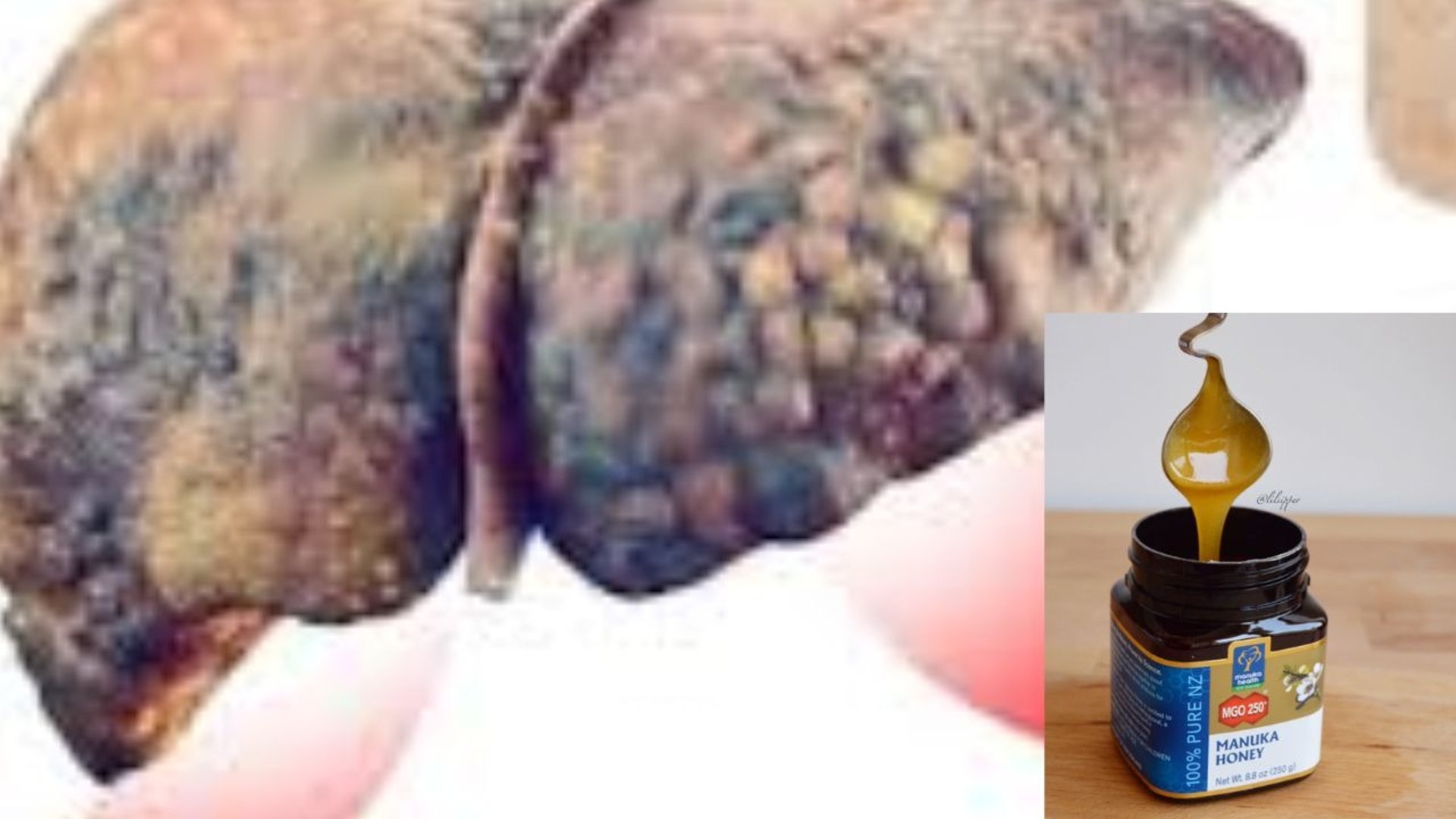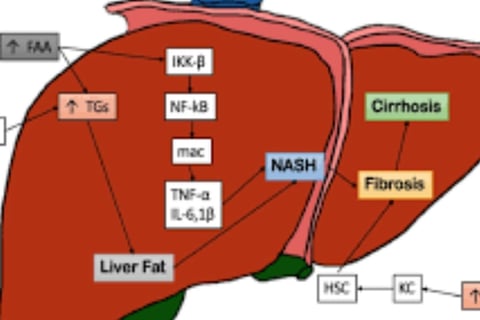
Health is a crown on the heads of the healthy that only the sick can see.

Is Manuka Honey Beneficial for Fatty Liver
GASTROINTESTINAL
Dr Hassan Alwarraqi
1/15/2025


Is Manuka Honey Beneficial for Fatty Liver
Is Manuka Honey Beneficial for Fatty Liver?
Questions and Answers about Manuka Honey and Fatty Liver
1. Is Manuka honey beneficial for fatty liver?
Yes, Manuka honey may have potential benefits for fatty liver. can manuka honey kill helicobacter pylori
Studies suggest that it is rich in antioxidants and possesses anti-inflammatory properties.
These qualities can help protect the liver from oxidative stress and reduce inflammation, both of which are linked to the progression of fatty liver.
2. What unique properties of Manuka honey might benefit the liver?
Manuka honey contains unique compounds like methylglyoxal (MG), which provide antimicrobial properties. Additionally, its antioxidants help combat oxidative stress, and its anti-inflammatory properties may contribute to reducing liver inflammation.
3. Can Manuka honey completely cure fatty liver?
No, Manuka honey is not a cure for fatty liver. It may provide supportive benefits but should not be used as a substitute for traditional medical treatments.
It is important to consult a healthcare professional for proper diagnosis and treatment.
4. Is there enough research confirming the effectiveness of Manuka honey for fatty liver treatment?
While some studies suggest potential benefits of Manuka honey for liver health, more research is needed to specifically confirm its effectiveness in treating fatty liver.
5. Could Manuka honey have negative effects on fatty liver?
can manuka honey kill helicobacter pylori
Yes, despite its potential benefits, Manuka honey is still a form of sugar.
Excessive sugar consumption may worsen fatty liver problems, especially in cases of non-alcoholic fatty liver disease (NAFLD).
It is essential to consume it in moderation as part of a balanced diet.
6. Why is it important to consult a healthcare professional before using Manuka honey for fatty liver?
Consulting a healthcare provider or dietitian is crucial before incorporating Manuka honey into your diet, particularly if you have a medical condition like fatty liver.
They can assess your individual situation and advise on whether Manuka honey is suitable for you.
7. How can Manuka honey be integrated into a healthy diet for fatty liver?
If you have fatty liver, Manuka honey should be consumed in moderation as part of a balanced diet.
Portions should be small and accompanied by other healthy eating habits.
Most importantly, consult your doctor or dietitian to determine the appropriate amount for your needs.
8. What are the key points to remember about using Manuka honey for fatty liver?
Remember that Manuka honey may offer some potential benefits due to its antioxidant, anti-inflammatory, and antimicrobial properties, but it should be used cautiously and in moderation.
It is not a replacement for medical treatment, and consulting a healthcare professional before use is essential.
More research is needed to confirm its definitive effectiveness in treating fatty liver.
What is oxidative stress, and how is it related to the development of fatty liver?
Oxidative stress is a condition caused by an imbalance between free radicals and antioxidants in the body.
It is linked to the progression of fatty liver disease.
What is the unique compound in Manuka honey that gives it antimicrobial properties?
The unique compound is methylglyoxal (MG), which is responsible for Manuka honey's antimicrobial properties.
Why is it necessary to consult a healthcare professional before using Manuka honey as a treatment for fatty liver?
Consulting a healthcare professional is essential to evaluate its suitability for your specific condition and ensure it complements traditional medical treatments.
What is the main caution regarding the consumption of Manuka honey for fatty liver?
The primary caution is that Manuka honey is still a form of sugar. Overconsumption may worsen fatty liver problems, especially in cases of non-alcoholic fatty liver disease (NAFLD).
Is Manuka honey a treatment for fatty liver?
Manuka honey is not a treatment for fatty liver. It may provide supportive benefits but is not a substitute for traditional medical therapies.
What is the relationship between inflammation and the progression of fatty liver disease?
Inflammation is a key factor in the development of fatty liver disease. Chronic inflammation can damage the liver and worsen the condition.
What do experts recommend regarding the use of Manuka honey as part of a healthy diet?
Experts recommend consuming Manuka honey in moderation as part of a balanced diet and consulting a healthcare professional or dietitian before making dietary changes.
Name two potential benefits of Manuka honey for liver health.
Two potential benefits are protection against oxidative damage and reduction of inflammation. Its antimicrobial properties may also support liver health.
How can excessive sugar consumption harm fatty liver disease?
Excessive sugar intake can increase fat accumulation in the liver, worsening fatty liver disease, especially in non-alcoholic fatty liver disease (NAFLD).
Key Terms:
Antioxidants: Molecules that protect cells from damage caused by free radicals, reducing oxidative stress.
Inflammation: The body’s immune response to injury or infection; chronic inflammation contributes to disease progression.
Methylglyoxal (MG): A unique compound in Manuka honey responsible for its antimicrobial properties.
Oxidative Stress: A condition from an imbalance between free radicals and antioxidants, leading to cell damage.
Fatty Liver: A condition where excess fat accumulates in liver cells, causing inflammation and potential damage.
Non-Alcoholic Fatty Liver Disease (NAFLD): A type of fatty liver not caused by excessive alcohol intake, often linked to obesity and diabetes.
Antimicrobial Properties: The ability to kill or inhibit the growth of microorganisms like bacteria and fungi.
Complementary Treatment: An approach used alongside traditional medical treatments to support health and recovery.
Balanced Diet: A diet that provides all necessary nutrients in appropriate amounts, emphasizing whole and nutritious foods.
can manuka honey kill helicobacter pylori
Healthcare Professional: A qualified individual, such as a doctor, who provides medical advice, diagnosis, and treatment.




